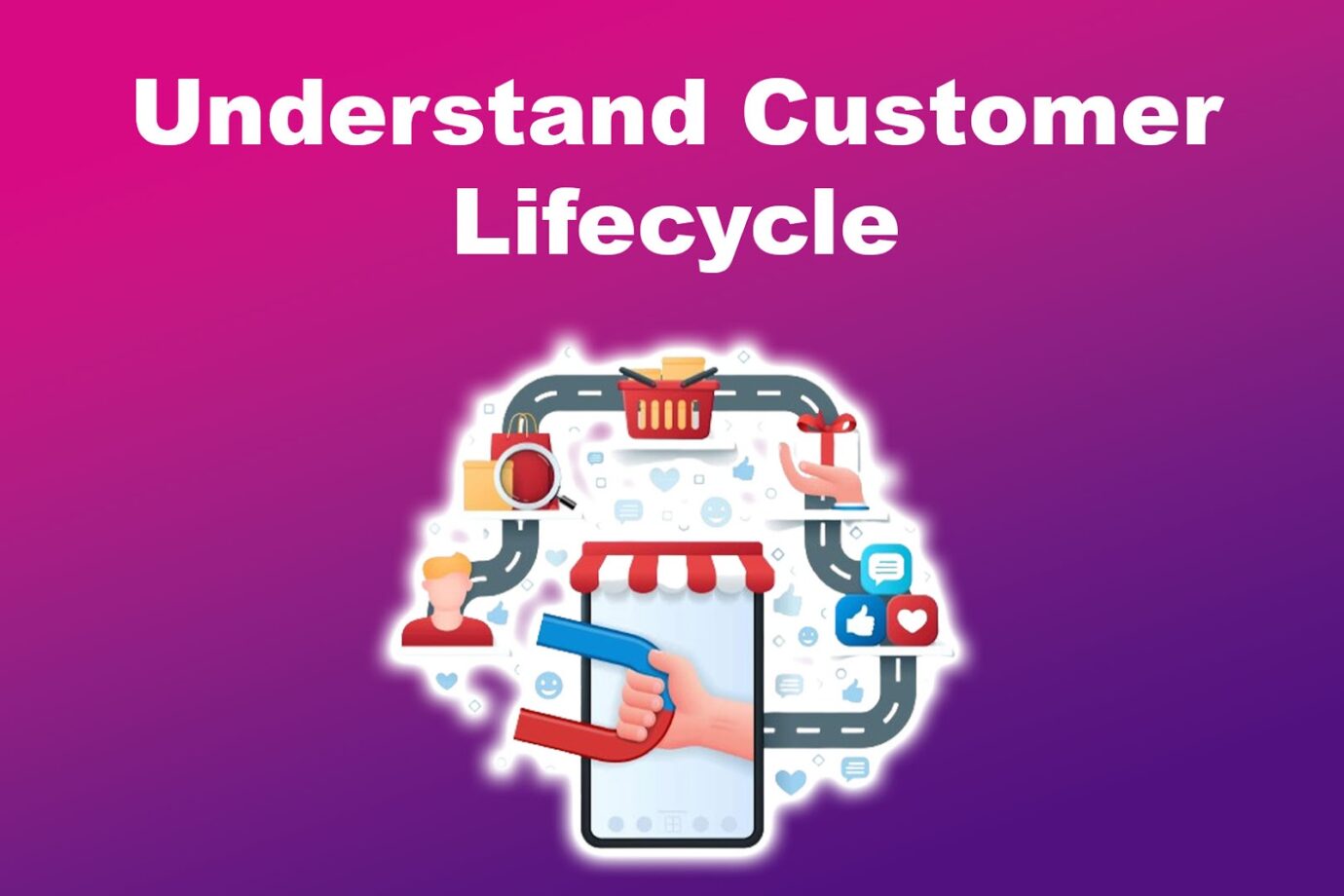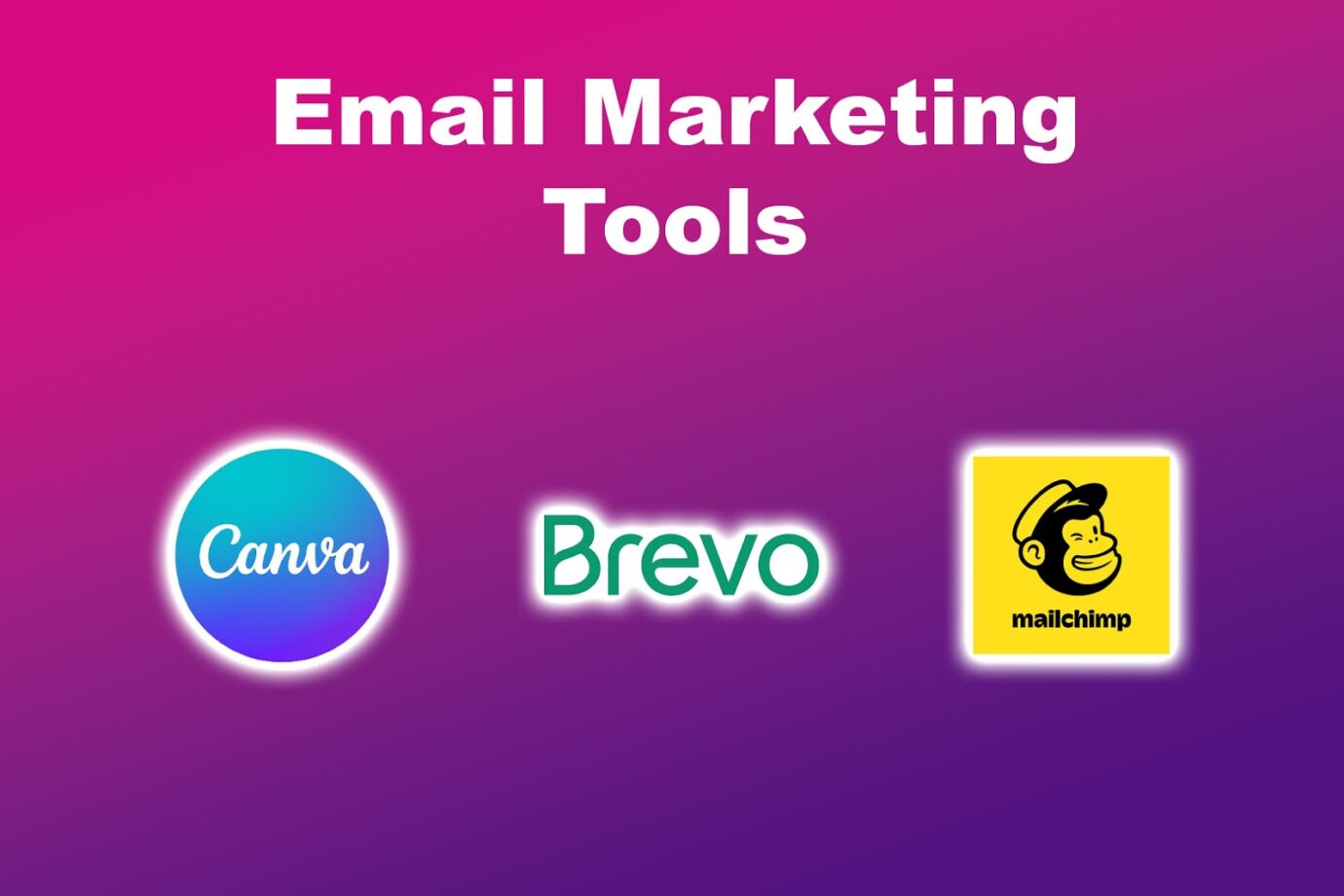Outsourcing email marketing management online can boost your reach and conversions with your target audience. Given the remote nature of communication today, the skills of email marketing managers remain in high demand.
To stay relevant, you should acquaint yourself with the role of email marketing managers.

What Is an Email Marketing Manager?
An email marketer creates and manages email campaigns to engage the target market and boost conversions. They work with the marketing team to ensure emails look good, segment lists for targeted engagement, and analyze performance.
They aim to maintain a positive brand image and align email strategies with marketing plans.
Need a better understanding? Head over to Indeed to learn more about email marketing managers.
Responsibilities of Email Marketing Managers
These are the responsibilities of an email marketer:
1. Campaign Marketing
This is a series of emails sent over time with a clear goal, like getting people to download a white paper, sign up for a webinar, or purchase. Email marketers are the architects behind successful campaign marketing.
2. Compile Email Lists
This means organizing and maintaining your email list to boost your marketing. It includes collecting email addresses from potential leads, adding them to your list, and keeping everything accurate and up-to-date.
3. Email Management
Email marketers manage daily email campaigns, handling scheduling, testing, sending, and monitoring. They focus on ensuring emails go out on time and without technical issues. Some managers let their team handle sending emails, while some use automation tools.
4. Enhance Contact Strategies

Building a customer list is pointless without a plan. A contact strategy helps you optimize customer experiences and deliver the right message at the right time across various channels. An email marketer will help you enhance your contact strategies.
Part of this is to set a clear communication frequency with your audience upfront to manage expectations and avoid high unsubscribe rates or spam. Stay consistent with your schedule to build trust and maintain top-of-mind awareness with your audience.
5. Boost Conversions
A conversion happens when a consumer takes an action that is valuable to your company, like purchasing or subscribing. A high conversion rate shows the email marketer did a great job, while a low rate suggests it’s time to tweak the approach.
6. Create Digital Advertisements
This responsibility entails using ads to drive traffic to a sign-up page and grow your email list with interested prospects. Then, the email marketer uses email to share valuable content and offers, guiding them along the buyer’s journey.
7. Ensure Consistent Email Branding
This means presenting your brand uniformly across all channels. Email marketers keep logos, colors, fonts, and images consistent on your website, social media, emails, etc. Consistency is key to winning loyal customers.
8. Understand Customer Lifecycle

A remote email marketing manager gets how email marketing works and knows all about key metrics. They understand customer segments, how to engage different audiences and guide them through the customer journey. They tailor emails to different groups, keep people engaged, and turn them loyal customers.
9. Collaborate With Marketing Team for Content
Collaborating with the marketing team is part of an email marketing manager’s job description. As such, they should be capable of communicating properly to achieve the desired results.
10. Generate and Analyze Email Marketing Data
Some email marketing metrics to be analyzed are the overall ROI, bounce rate, open rate, click-through rates, etc. For example, CTR, or click-through rate, is like your email’s daily report card. It helps you see how each email is doing and how it trends over time.
11. Report on Email Marketing Sales Revenue
After analyzing the data, the email marketing manager should report the sales revenue generated.
Email marketing offers extensive tracking capabilities, allowing you to monitor everything from email opens to click-throughs and purchases. This data-driven approach enables you to adjust your strategy in real time, continuously improving your results with each campaign.
Also Read: Automated E-commerce Business [How to Do It + The Benefits]
Email Marketing Tools

Here are some email marketing tools:
Creative/Design Tools
- Brevo.
With Brevo’s tools, you can easily create and send stunning email campaigns. - Mailchimp.
You can design emails using Mailchimp’s Content Manager. - Canva.
This tool has pre-made email templates that you can play around with. - Piktochart.
This free email builder lets you pick from their ready-to-go templates and tweak images, fonts, and colors. - ContactMonkey.
Provides drag-and-drop templates. It also integrates with Outlook and Gmail.
Email marketing managers also need communication tools to relay information to their clients. If you’re an email marketer, here are the top remote communication tools that you can use.
Writing Tools
- MailerLite.
It’s an easy-to-use AI email tool with up to 12,000 monthly sends. - Lavender.
Has spam phrase detection to help improve your emails. - Hypotenuse.
Lets you whip up and tweak email content effortlessly with AI. - Copy.ai.
It has a similar UI to ChatGPT but with added capabilities like exporting the email content in the editor module. - Grammarly.
Provides AI and grammar checking for emails. It also checks your tone to help you improve your writing style.